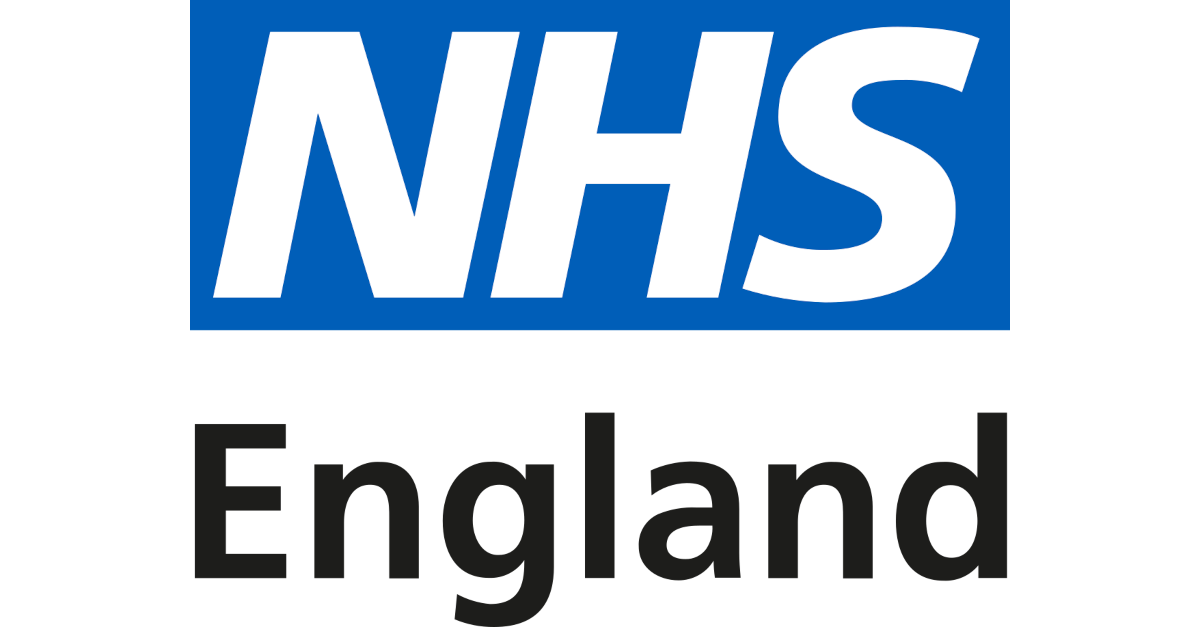Tens of thousands of patients with lung and breast cancer are to benefit from a “revolutionary” blood test on the NHS across England which can speed up access to targeted therapy.
The new ‘liquid biopsy’ test can help fast-track lung cancer patients to receive targeted therapy up to two weeks earlier, while helping some avoid further tests and treatments including chemotherapy.
The move will see the NHS become the first health service in the world to roll-out a ‘blood test-first’ approach to diagnosing suspected lung cancer, with the test to be used before traditional tissue biopsies.
Following a successful pilot, NHS England today announced up to 15,000 patients with suspected lung cancer could now benefit from the test each year, which can detect tiny fragments of tumour DNA in the blood.
On the eve of the ASCO cancer conference in Chicago, the NHS said it was also expanding testing in advanced breast cancer, with several genetic variations now being screened for and around 5,000 women set to benefit per year – with the test being hailed as “transforming” cancer care for NHS patients.
An independent health economic assessment of the pilot estimated the test could save the NHS up to £11 million per year in lung cancer care, and the NHS is now looking at its use in a range of other cancers, including pancreatic and gallbladder cancer.
Professor Peter Johnson, NHS national clinical director for cancer, said: “Liquid biopsies are leading us into a new era of personalised cancer care and it’s fantastic that we are now able to expand the use of this revolutionary test on the NHS to help tailor treatment for thousands of patients across the country.
“Cutting-edge genomic testing is helping us deliver more targeted and kinder care for patients, enabling some to avoid more intensive treatments such as further chemotherapy, which can have a huge impact. We are already seeing the difference this test can make in lung and breast cancer – and we hope to roll it out for patients with other forms of cancer in the near future.
“As research progresses, it’s exciting that this approach has the potential to help us ‘scan’ the body in a single blood test to see where and how cancer may be developing and target it with speed and precision to help save more lives.”
Health and Social Care Secretary Wes Streeting said: “This incredibly exciting new test could save countless lives, giving thousands of people peace of mind. It is just the latest example of this government combining the compassionate care of our National Health Service with the ingenuity of Britain’s leading scientific minds to revolutionise cancer care.
“Thanks to this government’s investment and modernisation, we have already delivered faster diagnoses for tens of thousands of suspected cancer patients, and there’s much more to come.
“Through our Plan for Change we are investing in cutting edge modern treatments and tests to make our NHS fit for the future.”
Liquid biopsy testing is now available for all eligible lung and breast cancer patients in NHS hospitals across England, with more than 1,600 patients with suspected lung cancer and around 600 advanced breast cancer patients tested since April.
Patients with advanced breast cancer whose cancer has not responded to previous treatment can now receive a liquid biopsy to determine if they are eligible for targeted treatments.
Breast and lung cancers are two of the most common cancers in England – with around 50,000 women diagnosed every year with breast cancer, and around 40,000 people are diagnosed with lung cancer per year.
The blood test, also called a ‘liquid biopsy’, can detect tiny fragments of circulating tumour DNA (ctDNA) and looks for specific genetic variations of cancer, allowing patients to access targeted therapies which are tailored to the genetic profile of their cancer.
Pilot data in lung cancer showed that in some cases, patients received the results of ctDNA testing needed to make treatment decisions 16 days earlier with liquid biopsies, than the standard cancer tissue biopsy approach.
Professor Dame Sue Hill, Chief Scientific Officer for England, said: “This represents a real step-change in care for eligible lung and breast cancer patients on the NHS. The liquid biopsy testing enables genomic mutations in the fragments of cancer that enter the blood stream of these patients to be detected. This testing is transforming care and helping clinicians match patients earlier especially when cancer tissue may not be available with potentially life-extending targeted therapies rapidly and with greater precision.
“This test is a great example of the NHS harnessing the power of genomic technological advances to enable the latest groundbreaking treatment to be delivered to patients.”
NHS pilots in suspected lung cancer patients found that as well as reducing time to treatment, liquid biopsies helped patients avoid repeated diagnostic procedures, unnecessary treatment, such as standard chemotherapy and its side effects, and improved patients’ quality of life.
Around 10,000 patients with the most common type of lung cancer – non-small cell lung cancer – have already had a liquid biopsy test as part of a recent NHS pilot which involved around 176 hospitals around the country.
Tissue biopsies are used to confirm a diagnosis of lung cancer and samples can be sent for genomic testing, but liquid biopsies mean patients can get results showing mutations much faster, with patients then able to access targeted therapies around two weeks earlier than the standard cancer tissue biopsy approach.
Rebeca Proctor, 41, from Carlisle, was diagnosed with stage 4 non-small-cell lung cancer in January, results of a liquid biopsy showed she had an ALK genetic mutation, and as a result she was able to start taking targeted treatment brigatinib. A tissue biopsy confirmed the mutation around 10 days after her liquid biopsy blood test results.
Rebeca said: “When I found out I had stage 4 cancer it felt like I’d been punched in the gut, I was scared – I just thought about my children, and if I would get to see my little girl start nursery, and how I would explain my diagnosis to my children – it was just heart-breaking to think about.
“But the medication has given me my life back and my kids have got their mum back – I’m taking it day-by-day and for now the treatment is doing what it’s meant to be doing and shrinking the tumour, and I’ve got my energy back. I know I’m not going to be cured but I’ve come to terms with my diagnosis and the pills are stopping my cancer cells from spreading – we’ll keep fighting this and dealing with what’s been thrown at us.”
Professor Alastair Greystoke, co-clinical lead of the ctDNA pilot and Honorary Medical Oncologist at the Newcastle upon Tyne Hospitals NHS Foundation Trust, said: “This is the first ever national implementation of a ‘liquid biopsy first’ approach to the diagnosis and treatment of a cancer.
“Not only has it led to faster and more precise treatment for patients with lung cancer, but we have also been able to show that this is a cost-effective measure for the NHS and set up the framework to evaluate this in other cancers going forward.”
Professor Sanjay Popat, Consultant Medical Oncologist at The Royal Marsden and Clinical-Co-Lead of the NHS lung cancer ctDNA pilot, said: “This is fantastic news and an important step forward for lung and breast cancer patients in England. We have seen first-hand how the implementation of a simple blood-draw and testing in our laboratory has revolutionised treatment for lung cancer patients.
“Earlier access to highly effective targeted medicines allows more patients to avoid delays, start treatment early, and start the best treatment for their type of cancer. I am really pleased that we are now able to roll out this out nationally.”
The NHS Genomic Medicine Service is leading this service.




